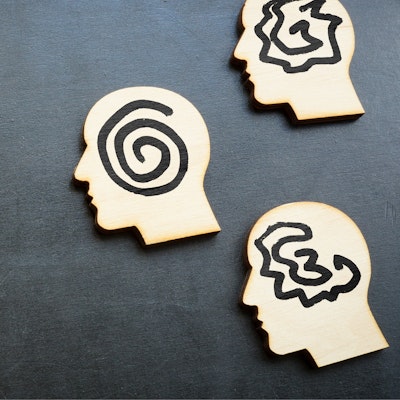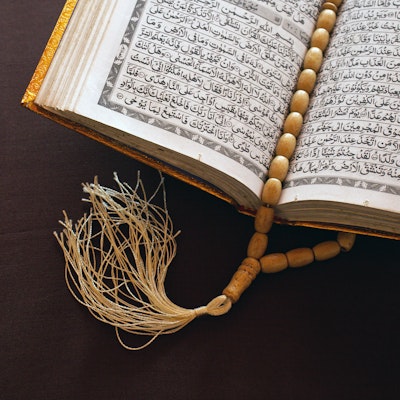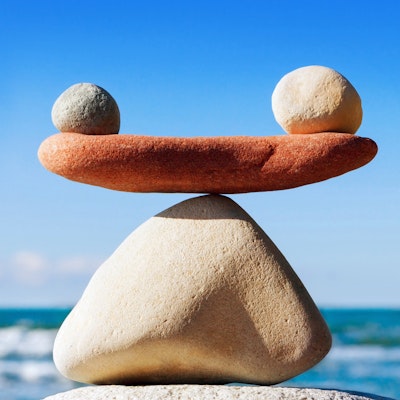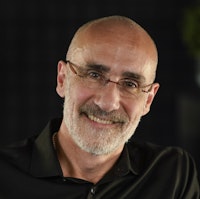
Love is a choice that comes from your prefrontal cortex; it’s the ultimate act of rebellion against the world full of hate.
Show Notes
Living a happy life isn’t as simple as having a smile on your face all the time. We often think that our negative emotions should be minimized and repressed, but acknowledging and managing them is actually key to achieving a healthy baseline. Author and Harvard professor Arthur Brooks studies the latest happiness research across behavioral science, philosophy, psychology, and neuroscience. He shares his findings with the business school students he teaches and with the general public he writes for, and explains how to understand and manage our emotions. We cannot control our emotional responses to the world, he says, but we can learn to control how we react to them.
Explore
Related episodes


The human capacity for empathy allows us to communicate, collaborate and understand each other. But we all know empathy isn’t always easy, and we can feel worn down by the effort. MIT professor and researcher Sherry Turkle studies empathy, and particularly how technology can undermine our natural human tendencies to connect. After several books and many decades of work com...


When Duke divinity school professor Kate Bowler wrote her best-selling memoir, “Everything Happens for a Reason (and Other Lies I’ve Loved),” she was grappling with the consequences of a shocking cancer diagnosis. Many of the common messages about hardship, tragedy and success that she’d grown up hearing – and even studied as a religious scholar – no longer seemed to make...


In today’s world, we tend to switch jobs more frequently than previous generations, and are more likely to have multiple jobs. Side gigs where we express passions or find meaning are also common, and many juggle additional roles as caregivers and community members, as people always have. In short, many of us are focused on a lot more than just climbing a corporate ladder....


The United States is a more secular society than many, and the percentage of people who don’t identify with organized religion is rising. Some of the impacts from that shift might be obvious, such as declining membership in congregations or decreased support for religious organizations and institutions. But some of the consequences are less obvious. How do we change as peo...


About two decades ago, NPR host Mary Louise Kelly had her first child and went down the extremely common yet commonly daunting life path of balancing a demanding career with a family. As a national security correspondent on assignment war zones, she missed family events and emergency phone calls from her kids’ school. As the daily weekday co-host of “All Things Considered,...







